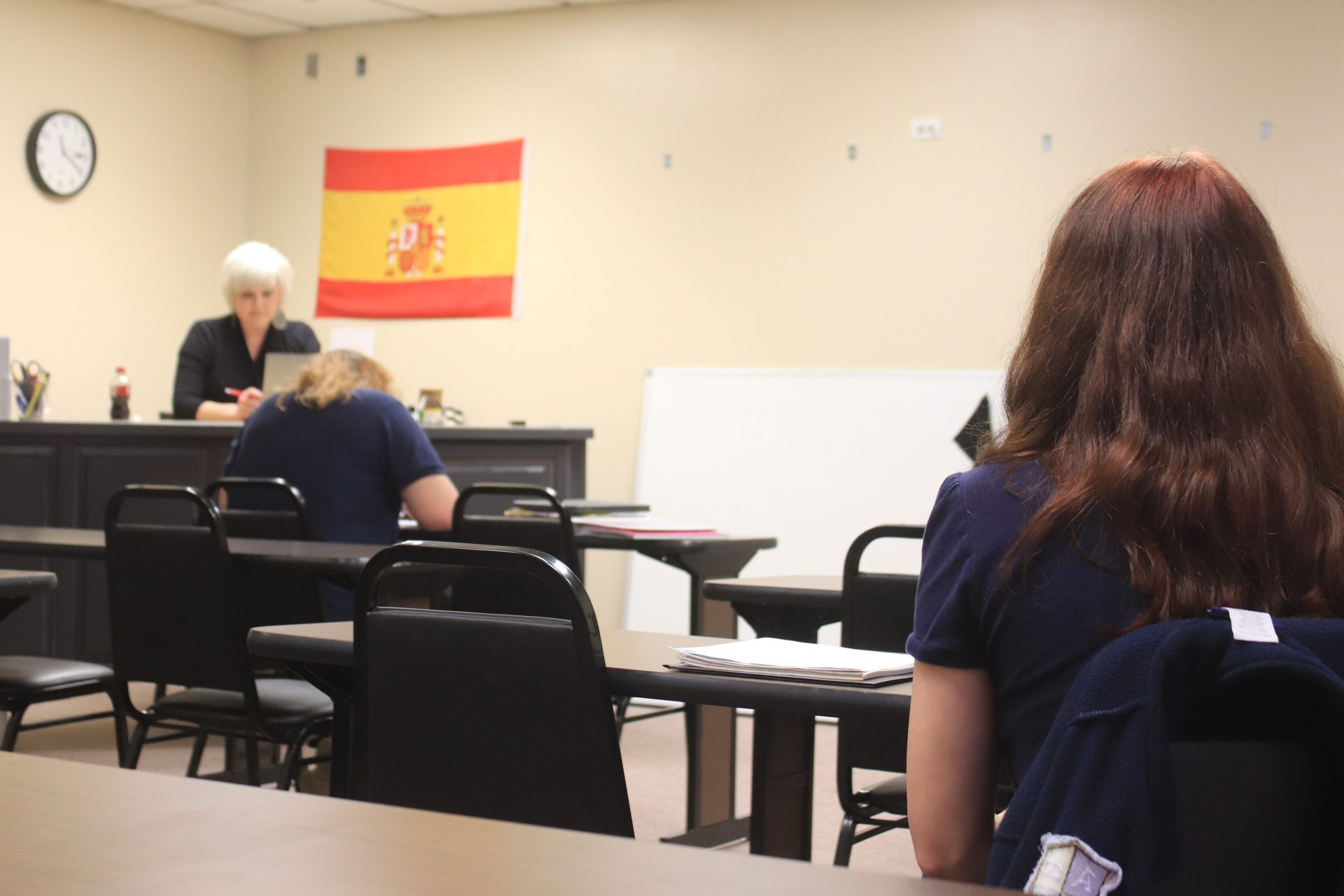December 16, 2022 | 2:09 pm
Oklahoma legislator files bills for teacher, support staff pay raises
An Oklahoma lawmaker is pushing for a teacher pay raise to combat the state’s teacher shortage.
Sen. Dewayne Pemberton, R-Muskogee, filed a bill for the upcoming legislative session to give Oklahoma public school teachers and support staff a raise starting in the 2023-2024 school year.
Senate Bill 28 would give teachers $6,000 over 9 years, divided into three $2,000 raises.
For support staff and paraprofessionals, it’s a little more complicated: Senate Bill 25 would give districts $1,200 per support staff member. Districts can decide if they want to give staff a one-time pay increase of $1,200 or a one-time increase in an amount based on performance or the need to retain staff.
If Pemberton’s bills pass, he said it wouldn’t prohibit the legislature from implementing more raises in the future.
Oklahoma teachers have been given raises over the last four years totalling more than $7,000. But even then, Oklahoma’s again fallen behind neighboring states. Pemberton said it’s up to the legislature to catch Oklahoma up.
“We’ve slipped to number four in the region, so that means Texas and Colorado and New Mexico and a lot of these states are paying more and are drawing our teachers out of the state,” Pemberton said. “We already have a teacher shortage, now the pipeline is almost empty. We’re trying everything we can to get young people back involved and keep older teachers in the system.”
Pemberton said he hopes measures passed last year — like the Oklahoma Future Teacher Scholarship and Employment Initiative Program — combined with more legislative efforts this year will start attracting new teachers and retaining current teachers.
The teacher pay raise would cost the state about $110 million, but Pemberton said given the state’s $2.8 billion in revenue savings collections, it’s time to “strike while the iron is hot.”
“You need to put your priorities out front,” Pemberton said. “And I think education, our young people and our teachers need to be a priority.”

